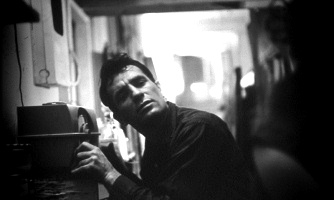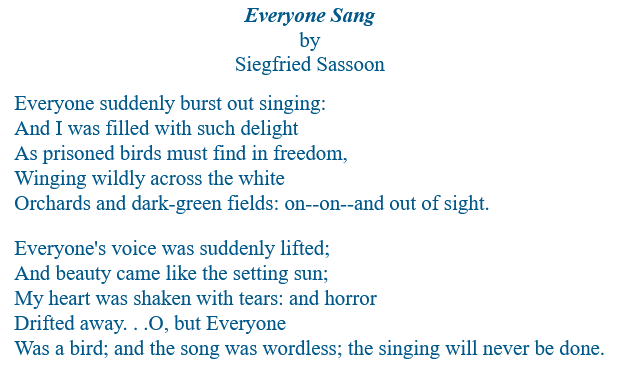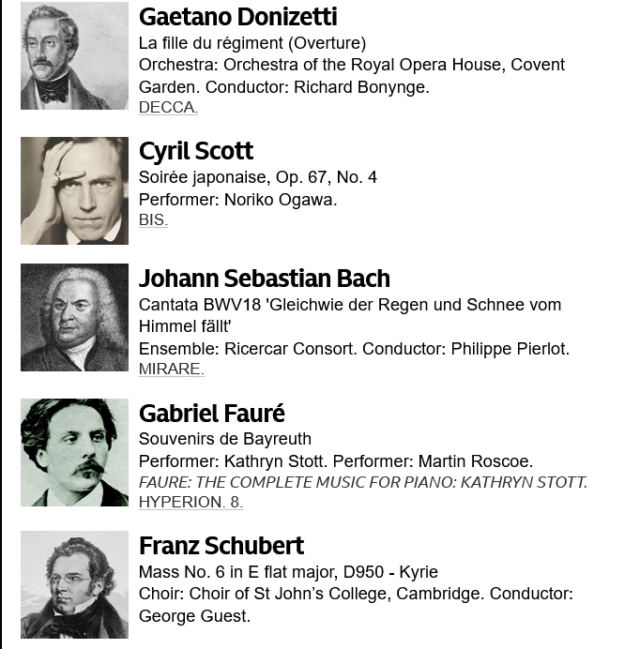En 2021, la station de la BBC diffusant les archives, Radio 4 Extra, a proposé une adaptation de 1990 de Madame de Treymes d'Edith Wharton. La fiction est restée un mois en ligne et est donc indisponible, sauf sur l'indispensable bibliothèque Archive.org à l'adresse Edith Wharton: A BBC Radio Drama Collection.
C'est une belle interprétation que nous avons là dans la ligne des réalisations des années 1970 à 2000 produites par de grandes radios publiques (BBC, ARD, Radio France). Il n'est pas difficile de faire des hypothèses sur la différence de qualité entre les fictions réalisées dans ces années-là et celles créées depuis 2000. Le changement porte sur la formation des acteurs, le soin apporté aux fictions, l'attention portée à la littérature et au théâtre, l'influence de la télévision, l'importance des effets sonores, la diction et les voix (les hauteurs), sans parler des conditions techniques d'enregistrement et de diffusion (la compression, par exemple).

Analysis of Edith Wharton’s Madame de Treymes By NASRULLAH MAMBROL on May 29, 2021.
C'est une belle interprétation que nous avons là dans la ligne des réalisations des années 1970 à 2000 produites par de grandes radios publiques (BBC, ARD, Radio France). Il n'est pas difficile de faire des hypothèses sur la différence de qualité entre les fictions réalisées dans ces années-là et celles créées depuis 2000. Le changement porte sur la formation des acteurs, le soin apporté aux fictions, l'attention portée à la littérature et au théâtre, l'influence de la télévision, l'importance des effets sonores, la diction et les voix (les hauteurs), sans parler des conditions techniques d'enregistrement et de diffusion (la compression, par exemple).
John Durham's fight for the woman he loves sparks a confrontation with a powerful and devious French family.
Anna Massey stars in Edith Wharton’s novella first published in 1907.
Dramatised by John Peacock.
Christiane de Treymes ...... Anna Massey
John Durham ...... Philip Voss
Narrator ...... Valerie Sarruf
Fanny ...... Gwen Humble
Mrs Humble ...... Auriol Smith
Nanny ...... Jane Whittenshaw
Katey ...... Tara Dominick
Bessie Boykin ...... Elizabeth Kelly
Elmer Boykin ...... James Greene
Director: Jane Morgan
First broadcast on BBC Radio 4 in September 1990 (58 min.)

Analysis of Edith Wharton’s Madame de Treymes By NASRULLAH MAMBROL on May 29, 2021.
Published in the August 1907 issue of Scribner’s magazine and in book form the following February, this novella exhibits Edith Wharton’s subtle realism and is one of her works depicting Americans in France.
It tells of Fanny de Malrive, née Frisbee, a once-free-spirited New Yorker now married to a French marquis. Like several of Wharton’s female protagonists, Fanny is trapped in an unhappy marriage and constricted by the “sacred institutions” of the Parisian Faubourg St-Germain aristocracy.
Estranged from her dissolute husband, she has fallen in love with John Durham, a friend from her New York youth. She hopes to marry Durham and return to America, but she fears that her Catholic husband will refuse a divorce and that he may claim custody of their son, the heir to the family title (...).

















